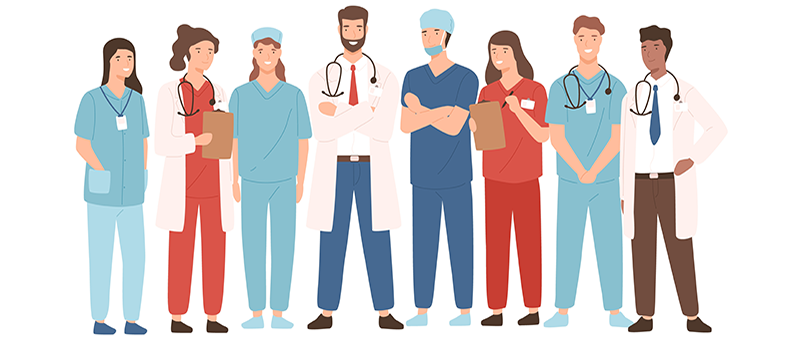4.1 Reflection in professional learning
Reflection is the process of thinking about how you work and why you do things in a particular way. It is an important part of professional learning and an essential part of developing new skills. It allows you to analyse what you have learned and how it impacts on your role. There are lots of models of reflection, and key features include the following:
- Reflection results in learning; that is, changing ideas and your understanding of a situation.
- It is an active process that involves not just thinking about what you do at work but why you do things in a particular way and whether it would be better to change what you do or how work is organised.
- It is a cyclical rather than linear process, leading to the development of new ideas that are then used to plan how you will work in the future.
- As you reflect, you should look at issues from different perspectives. This helps you to understand the problem and scrutinise your own values, assumptions and perspective.
For some people, reflection is a very natural process; but for many of us, it is a skill that has to be learned and developed. Activity 5 gives you an opportunity to try some basic reflection.
Activity 5: Trying some reflection
Think about some feedback you received recently. It could be a compliment, or a positive or negative comment, and it may have been from a work situation, an educational setting or in any other area of your life.
Consider the following questions and write some notes in the space below.
- What was said?
- How did it make you feel?
- Did you agree with it?
- Would you now do anything differently as a result of this feedback?
Discussion
The questions in this activity illustrate the four elements of reflection:
- Concrete experience: Was it something that actually happened at work? What happened? Who was involved?
- Reflection: Think about why it happened, how it happened, how it made you feel and whether you would do anything differently as a result.
- Generalisation: What was the impact? Did you learn anything that could help you deal with work situations in future? How will you deal with things differently in future?
- Action: How to change future behaviours – what will you do differently?
The feedback, whether positive or negative, was the experience. By reflecting on how it made you feel and whether you agree with it, you can plan how you will deal with similar situations in future.
4 The importance of learning as an AMR surveillance professional



